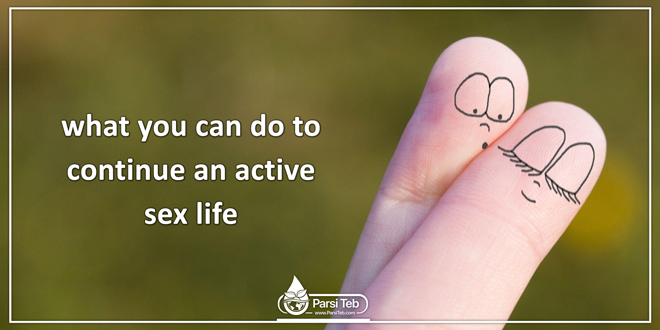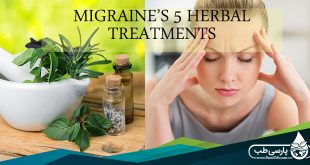There are several things you can do on your own to keep an active sexual life. Remember that sex does not have to include intercourse.
Make your partner a high priority.
Pay attention to his or her needs and wants.
Take time to understand the changes you both are facing.
Try different positions and new times, like having sex in the morning when you both may have more energy.
Don’t hurry – you or your partner may need to spend more time touching to become fully aroused.
that affects your sex life, talk to your doctor. He or she can suggest a treatment depending on the type of problem and its cause. For example, the most common sexual difficulty of older women is dyspareunia, painful intercourse caused by poor vaginal lubrication. Your doctor or a pharmacist can suggest over-the-counter, water-based vaginal lubricants to use. Or, your doctor might suggest estrogen supplements or an estrogen vaginal insert.
If impotence is the problem, it can often be managed and perhaps even reversed. There are medications that can help, for example, sildenafil (Viagra). These medications should not be taken by men taking medicines containing nitrates, such as nitroglycerin. These medications have possible side effects. Other available treatments include vacuum devices, self-injection of a drug (either papaverine or prostaglandin E1), or penile implants.
There is a lot you can do to continue an active sex life. Follow a healthy lifestyle – exercise, eat good food, drink plenty of fluids like water or juices, don’t smoke, and avoid alcohol. Try to reduce the stress in your life. See your doctor regularly. And keep a positive outlook on life.
 Parsi Teb Physical and Mental Health Journal
Parsi Teb Physical and Mental Health Journal 


